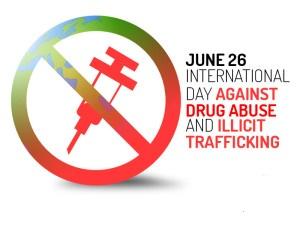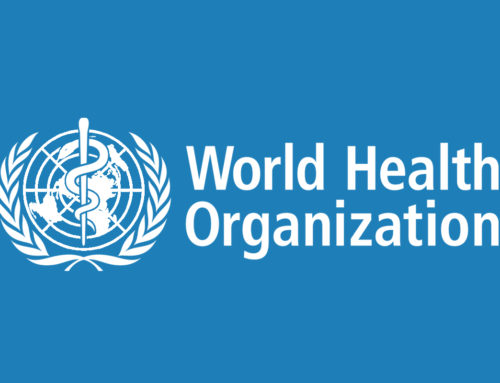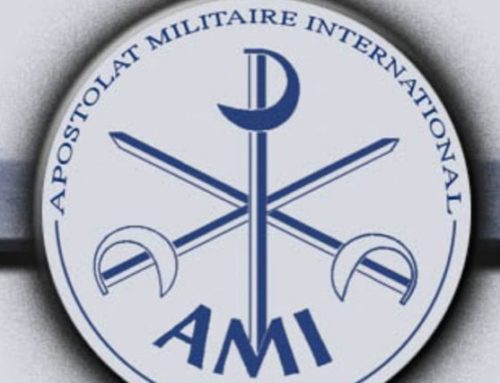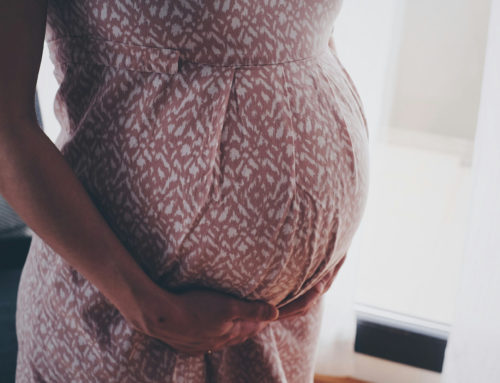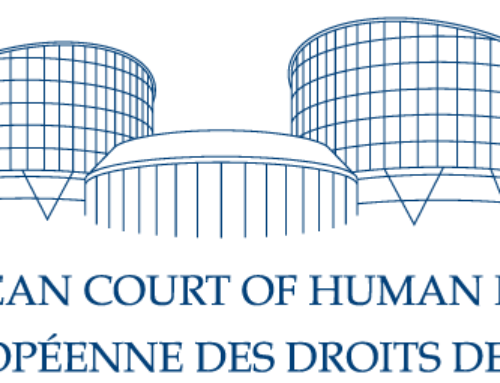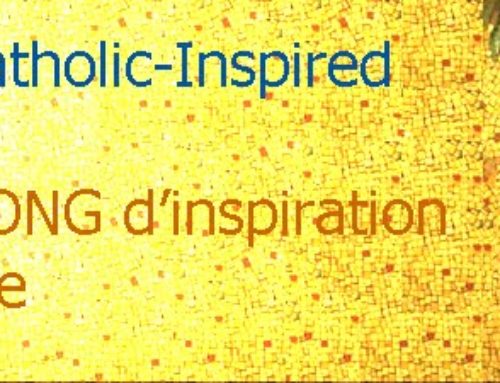The stitches and bruises on her right wrist tell the story of Jyoti’s life at the Nizamudin railway station. Her family landed in Delhi in the early 2000s from Bihar. The family had to beg at railway station and bus terminals. Eventually, Jyoti became part of a drug gang. As she was leading such a miserable life, the NGO Chetna intervened in her life. Finally, with persistent help, she turned to dance, in order to escape drugs, poverty and crime. “I had to make a choice – dance or drugs. And I chose life. (The Hindu 4 June, 2016)
As many as 3.3 million people died of alcohol-related problems worldwide in 2012. According to a WHO study alcoholism has been on the rise in many countries of the world including India. (Times of India, 16 May 2014). The epidemic of alcohol and drug abuse in the young generation has assumed alarming proportions. Changing cultural values, increasing economic stress, and dwindling supportive bonds lead youngsters to initiation into substance abuse. Besides alcohol and tobacco, people, especially youth take psycho active substances which are illegal. They take drugs to cope with personal problems like anxiety, depression and so on. With regular use they get addicted to it. Eventually it becomes part of their life. This affects their work, career and rupture personal relationships. Treatment comprises medications, and psychological interventions. But weaning people of drugs is very difficult.
In 1987, the UN General Assembly decided to observe June 26, as the International Day against Drug Abuse and Illicit Trafficking to help create an International Society, free of drug abuse. The years 1991-2000 were heralded as “United Nations Decade against Drug Abuse.” The day is observed by individuals, communities and organizations across the globe to raise awareness of the major problems that illicit drugs represent to society.
The Catholic Health Association of India (CHAI) has been conducting awareness programs on substance abuse for many years now. Some of the member institutions of CHAI, such as Total Response to Alcohol and Drug Abuse (TRADA), Santhigiri Rehabilitation Institute, CIHDSA Rehabilitation Centre for de-addiction are doing commendable work in de-addiction and rehabilitation of substance-abusers. Thousands of persons have been brought back to normal life and families reconciled. Saving a person from the clutches of death or destruction is an act of compassion in the spirit of ‘love of neighbour’.
On this International Day against Drug Abuse and Illicit Trafficking, I express my sincere gratitude and appreciation to all, especially the sisters, who have brought people and families back to life, through their selfless efforts. During this year of Mercy, I encourage everyone to continue to contribute in creating awareness among people, especially children and youth, on the consequences of substance abuse; and to align with the government or NGOs in order to make a difference in the lives of people who are caught up in the clutches of drugs and alcohol. May God continue to assist us in creating a drug free society!
Rev. Dr. Mathew Abraham, C.Ss.R, MD
Director-General CHAI

